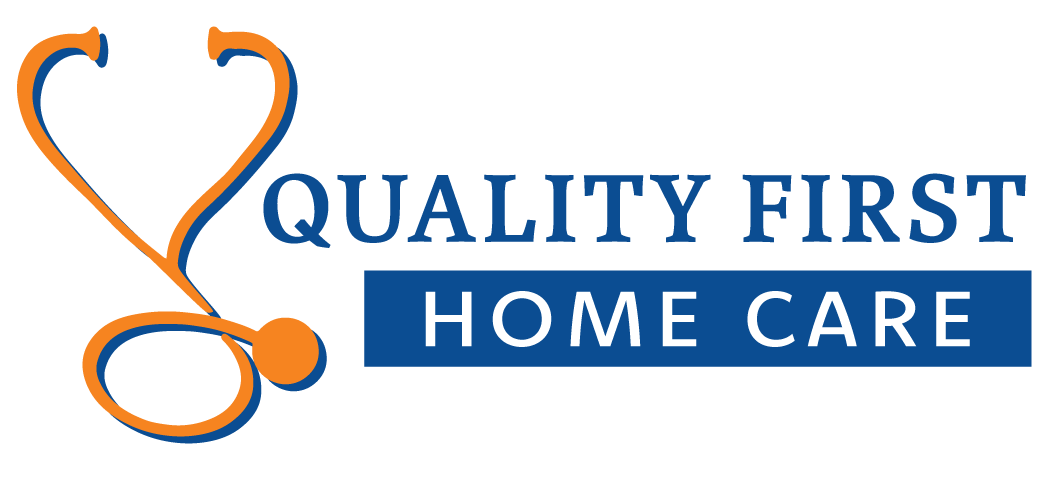By Sandy Alexander
•
September 3, 2024
One of the first things I learned about home health was how misunderstood the service is. Many object to having strangers in their home. Some people mistakenly think they can’t afford the care. Others are under the impression you have to be bed-bound or very restricted to have a nurse or therapist to perform a home visit. Let’s work together to unravel some of these misconceptions! Home health is a skilled service (meaning a nurse, therapist, or other clinicians) that provides care in the home under the direction of a doctor. There are many reasons why someone would need a nurse to come into their home. Medication management is one example of the care that can be provided by a home health agency. Imagine you leave your doctor’s office and head to the pharmacy to pick up your medications. On the way, you remember him mentioning you will need to take 1 pill twice a day and take a different medication at lunch and at bedtime. Yet another medication is to be taken with food, but only in the morning. Having multiple medications to manage, and remembering to take the correct dose at the correct time, can be very challenging. Especially if someone is dealing with a complicated illness such as congestive heart failure or diabetes. This is where home health care can help! Your doctor recognizes that you may need help managing all of these medications while also learning how to identify complications of your chronic illness. He or she has a good understanding of what home health can provide and will discuss the service with you. The doctor will then send a referral to a home health agency. Once the home care agency receives your referral and insurance information, they will start the process to begin care. The nurse will call you to schedule a time to visit your home. The nurse visiting your home will be highly skilled, caring and very compassionate. His or her main goal will be to help you stay safe and independent in your home. Our staff understands all of the struggles of life, and we want to help you get better. In most cases, home health care is referred to a Home Care Agency by a doctor, for a person who is enrolled in Traditional Medicare benefits. If this is the case, there is no co-pay or out of pocket costs for home care recipients. There is no need to worry about being able to afford skilled care in your home! To receive this Medicare benefit of home health care, you do need to be homebound. This requirement causes some confusion. Being homebound does not mean bedbound. Homebound means it is a taxing effort to leave home. An example of a taxing effort is: You have a friend or loved one drive you to your doctor’s appointment, and they help you get out of the car and into the doctor’s office. Even though you have left your “home”, you do not do this regularly; therefore, you still qualify to receive Home Health Services. Being homebound doesn’t mean you can never leave home, just that when you do, it is an effort to get around and complete your activity. Hopefully, these topics can help you start a conversation with a family member or even your healthcare provider. There are many resources available to help you in your home. The goal of home health is to help you gain independence, keep you healthy, and living at home so you can keep doing the things you love. Volunteer Home Care provides home health, private duty, and personal care services in twenty-nine counties throughout West and Middle Tennessee. To meet the needs of our patients, we support them, comfort them through each stage of illness, and empower them to make informed decisions. Our mission to CARE with SKILL AND COMPASSION is clearly lived through our dedicated staff and in our relationships with our healthcare providers.





Share On: